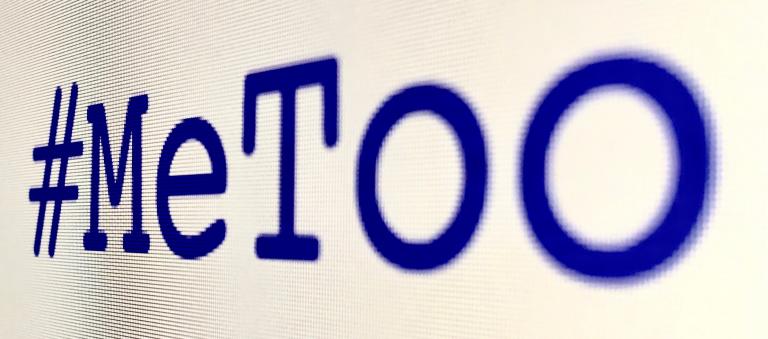On June 12, 2016, at 2am Sunday morning, Omar Mateen walked into Pulse Nightclub in Orlando, Florida and started shooting. When he finished 50 people were dead and 53 injured. Here at R3, we are collecting some reflections of this horrific massacre. If you would like to share, please email us at rhetoricraceandreligion@gmail.com. You can also follow us on Twitter at @examinereligion and Facebook
On this day, remember that Jesus Christ, the Crucified One, is queer.*
This is not to say that he was gay. Though oddly enough, the Bible is peculiarly silent as to the patterns of Jesus’s sexuality. And yes, since he was fully human, he was a sexual being. But yet, for all our modern anxieties about nonconforming sexualities, the Bible remains utterly inattentive to the specifics of Jesus’ sexuality. That itself is a queer thing.
When I say that Jesus Christ is “queer,” I use that term in a deeper sense. Do not genitalize “queer.” “Queer” in it fullest and deepest sense means to transgress conventions, to violate socially constructed boundaries that perpetuate violence and normalize (and even sacralize) dehumanization. That which is “queer” is that which is odd, nonconforming, and unsettling. That which is queer exposes and disrupts our anxious, idolatrous drive to conflate the social conventions of the privileged majority with God’s will. In short, what’s “queer” exposes the insecurity, fear, and hate that traffic as false faith in the little god of our own making. But “queer” does more than expose and disrupt these; it offers us redemption from them.
It is in this sense that Jesus Christ is queer. His radical love transgresses and dissolves all boundaries that encode fear, hate, and violence. As a Jewish rabbi, he touched and talked with those misfits judged too unclean to participate in Temple life. He took onto himself their taint. He drank water offered him by the Samaritan woman with a checkered marital track record and questionable sexuality. She was doubly transgressive, and there would have surely been a spirited debate as to whether her marital and sexual “failures” were worse than what contemporary religious folk would have regarded as her “mongrelized” racial-ethnic-religious heritage. Jesus was not interested in that debate. He was only interested in a drink from her hand that would serve as the occasion for loving her as she was. Here was a queer “yes” spoken against the firm “no” proclaimed by society and the religious establishment. We could multiple examples from the Gospels, of course, lining up the lepers, Zaccheus, Roman centurions, slaves, and the many woman that came to play a leading role in the early Jesus movement.
It was this queer love of Christ that dissolved all the constructed social boundaries that anchored and naturalized violence and dehumanization in the world. It is no surprise that in Galatian 3:28, Paul quotes words widely regarded by scholars as an excerpt from an ancient baptismal liturgy routinely spoken by converts to the faith as they joined the church: In Christ, “there is neither Jew nor Greek, slave nor free, male and female.” The Christian baptismal rite was a queer rite, inducting the Christian into a community of social deviants where divine love transgressed and dissolved the boundaries of race/ethnicity, socio-economic status, and patriarchialized constructions of gender and sexuality. The very word for church, ekklesia, means “those called out.” We might even say that the church is the community of those who through the power of grace have “come out” and are living authentically.
Jesus and Paul understand this social disruption to be the power of the inbreaking reign of God, an objective, queering, divine reality that had come out in the world and was dissolving life lived all too comfortably under the “powers and principalities of this present age,” even as it created a new, beloved community.
Jesus is queer because God is queer. And Christians and the church are to be queer for the same reason.
Christians, on a day amidst Pride Month when gunmen in Orlando and Los Angeles have focused their violent gaze on queers, remember that your God, your savior, and your calling are queer.
On this day of crucifixion, live into your baptism.
————–
*I have borrowed and adapted from the thought of theologian Patrick Cheng in this post, more particularly from his book entitled “Radical Love: Introduction to Queer Theology.”
Matt Matthews is a Professor of Theology at Memphis Theological Seminary and Theologian-in-Residence at the Church Health Center in Memphis, Tennessee.
Donate to the Work of R3
Like the work we do at Rhetoric Race and Religion? Please consider helping us continue to do this work. All donations are tax-deductible through Gifts of Life Ministries/G’Life Outreach, a 501(c)(3) tax exempt organization, and our fiscal sponsor. Any donation helps. Just click here to support our work.













